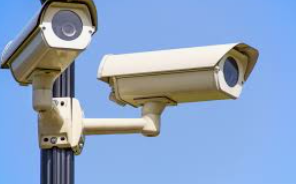Implementing CCTV systems is becoming increasingly popular as a means of enhancing security. It is important to think about the privacy implications of using CCTV. A well-crafted CCTV policy is critical to achieving this, and several important elements should be included.
Firstly, it is essential to clearly state the reasons for installing and using CCTV cameras. This could include deterring crime, protecting assets, ensuring employee and visitor safety, or monitoring operational procedures. A CCTV Installation Gloucester company such as apmfireandsecurity.com/cctv-security-systems/cctv-installation-gloucester/ can help you define the reasons for using CCTV.
The policy should define the areas that CCTV cameras will cover and explain why these areas have been selected. This section should also specify whether cameras will be installed indoors, outdoors, or both and detail any places that are specifically excluded to maintain privacy, such as restrooms or private offices.
It is also important to identify who is responsible for managing the CCTV system, including overseeing the day-to-day operation, ensuring the system’s functionality, handling the footage, and enforcing the policy.
The policy should also outline the approach for notifying both employees and the public about the use of CCTV, which typically involves placing signs at entrances and around the monitored areas to inform that recording is taking place, thus enhancing transparency and complying with privacy laws.
Procedures for accessing footage, conditions under which access is granted, and how requests from law enforcement or other external entities will be handled need to be defined.
The retention period should be specified, aligning with the CCTV system’s purpose and complying with relevant laws and regulations.

